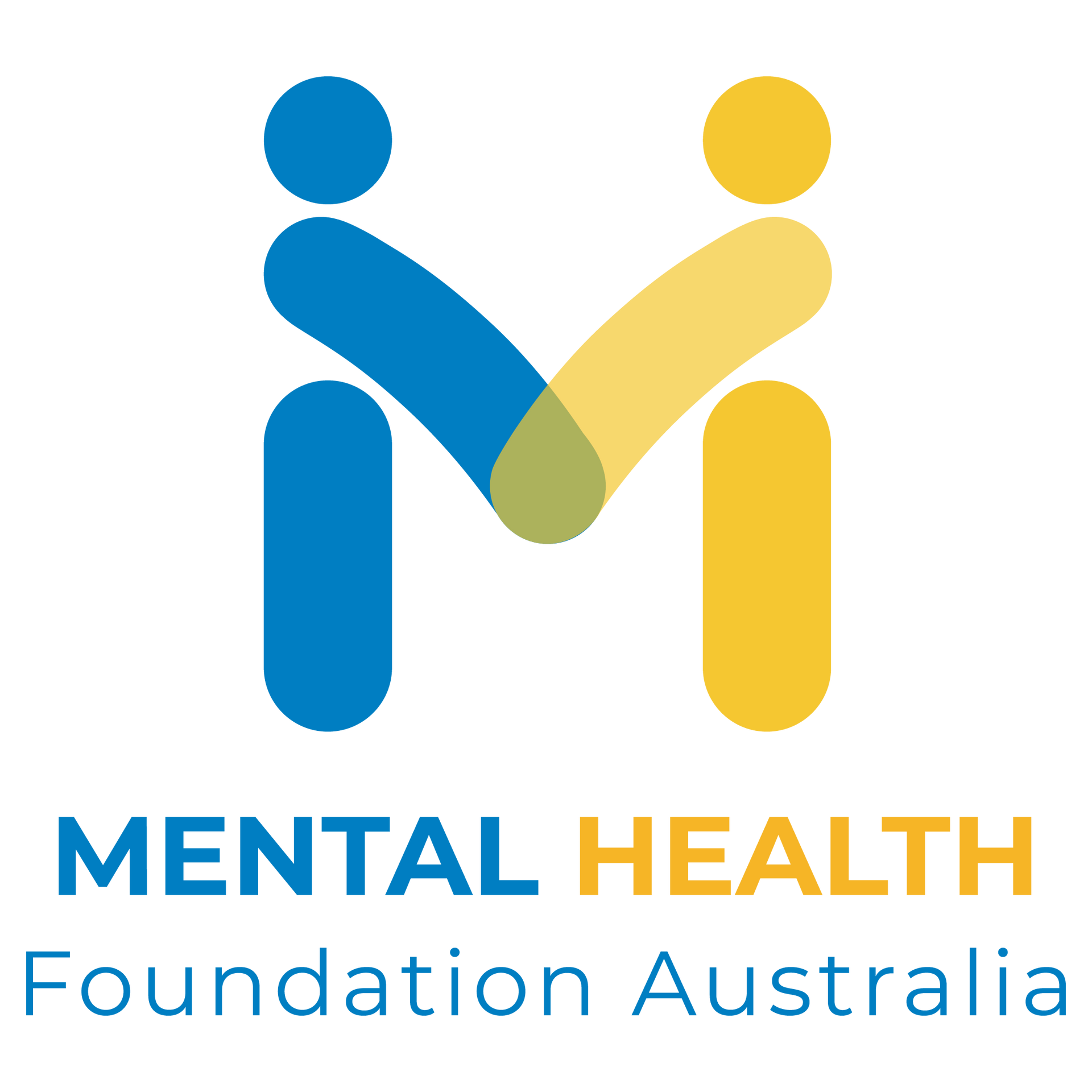Get in touch with us: (03) 8825 3500 / 1300 643 287
The misunderstood female factor by Prof. Jayashri Kulkarni AM
Mar 03, 2023
Did you know Menopausal Depression is a severe condition that often responds inadequately to standard antidepressants? Yet Menopausal Depression is under researched and not universally recognised. On International Women’s Day lets spread the word and educate women and health care professionals on its unique characteristics and the efficacy of hormone therapies.
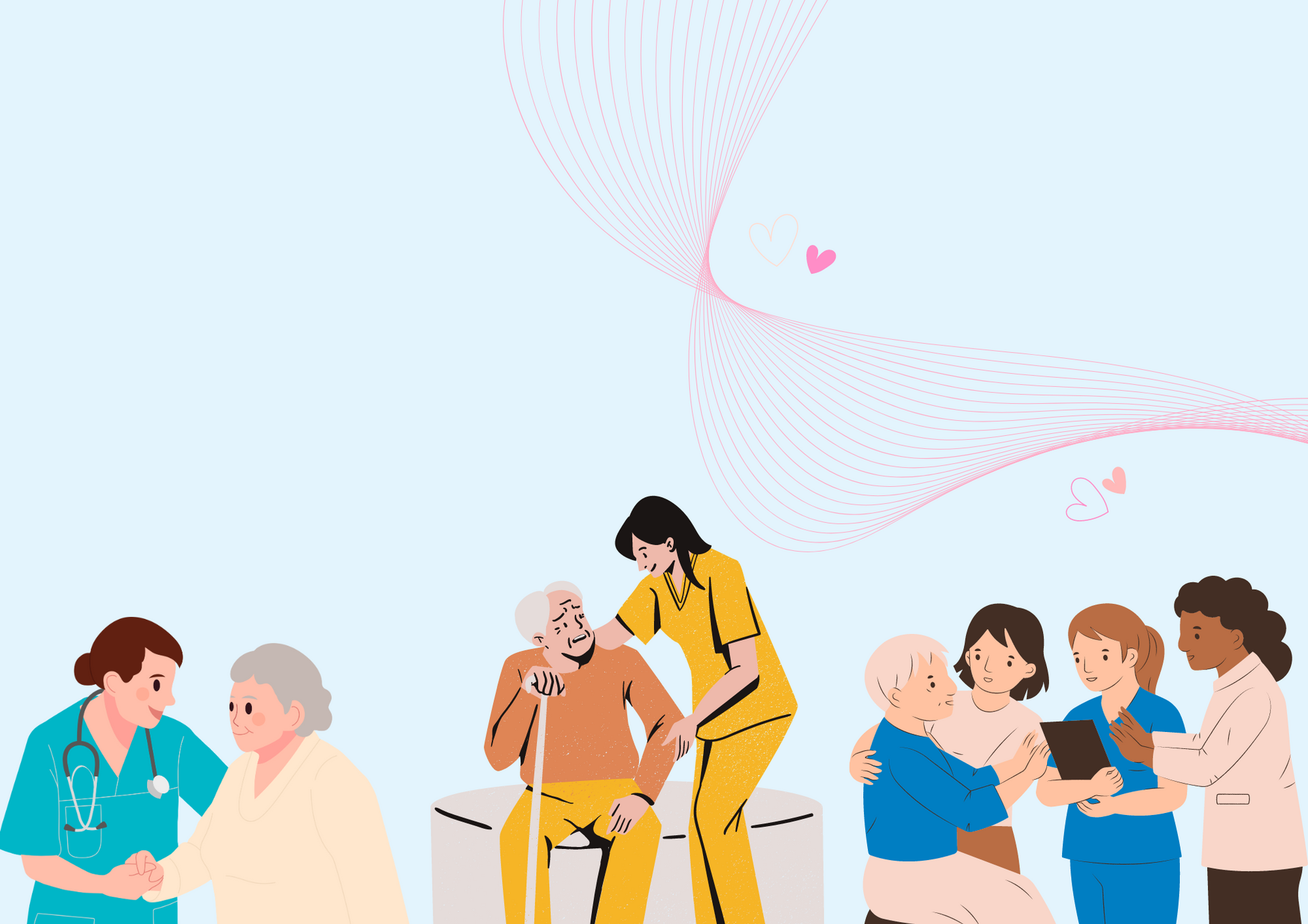
By Nithya Viswanathan
•
10 May, 2024
After her friend died, Vicki says she continued to ‘jump into action’ every time someone close to her needed help. That’s when she confessed to compassion fatigue. She felt “weighed down, tired and sad”, she said after taking care of so many loved ones.” “Finally, she rightfully asked herself, “How much more could I do without getting even more tired and sad?”.
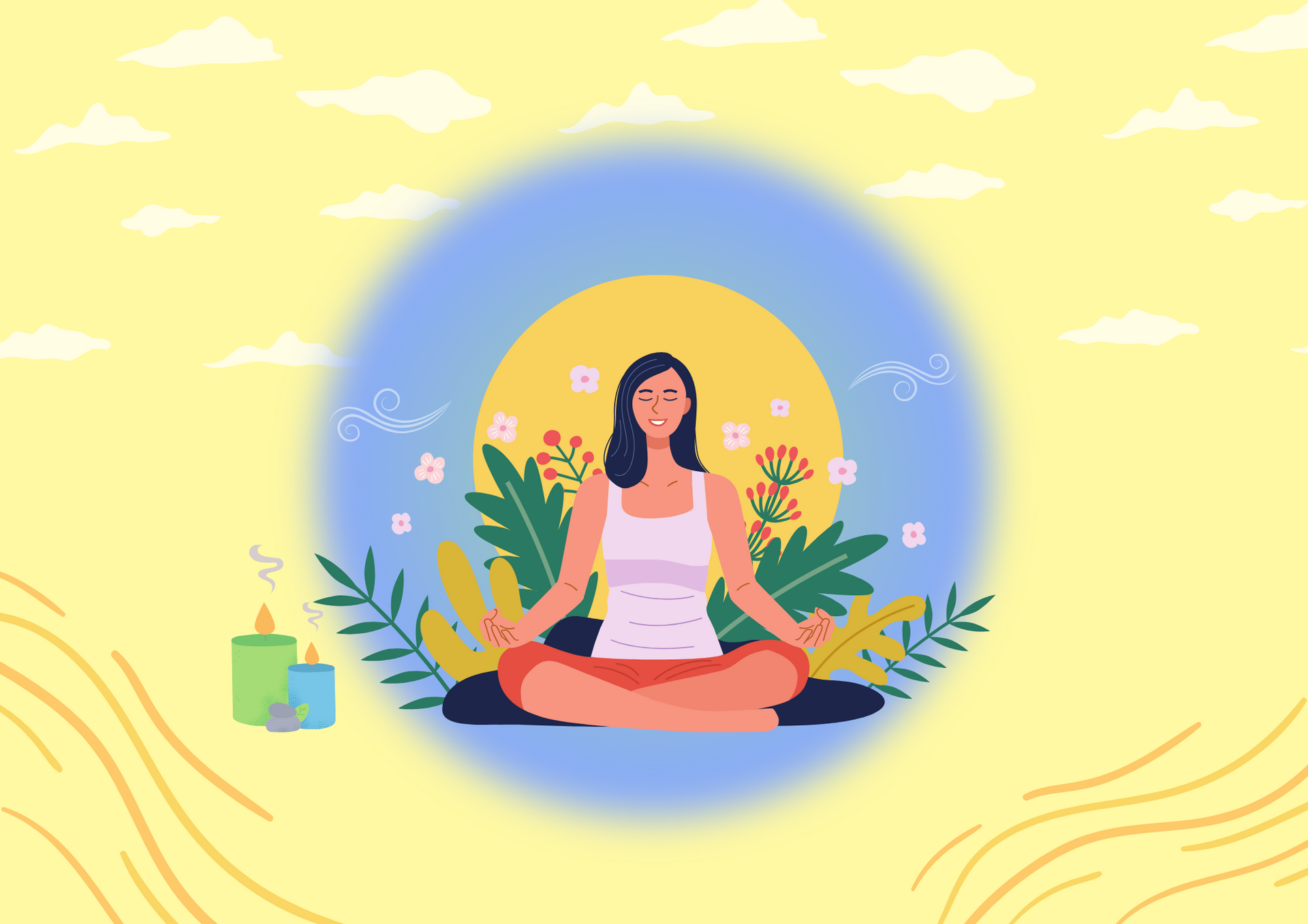
07 Apr, 2024
The mind-body connection is the interconnection between your mental and physical well-being. It is a two-way relationship where the mind influences the body; the body influences the mind. For example, we were all told how physical exercise reduces symptoms of depression and anxiety. The reason behind that is that the brain releases chemicals (endorphins and serotonin) known to improve the mood and reduce stress.
By strengthening the connection between the mind and body through a holistic perspective, you can start prioritising your health.
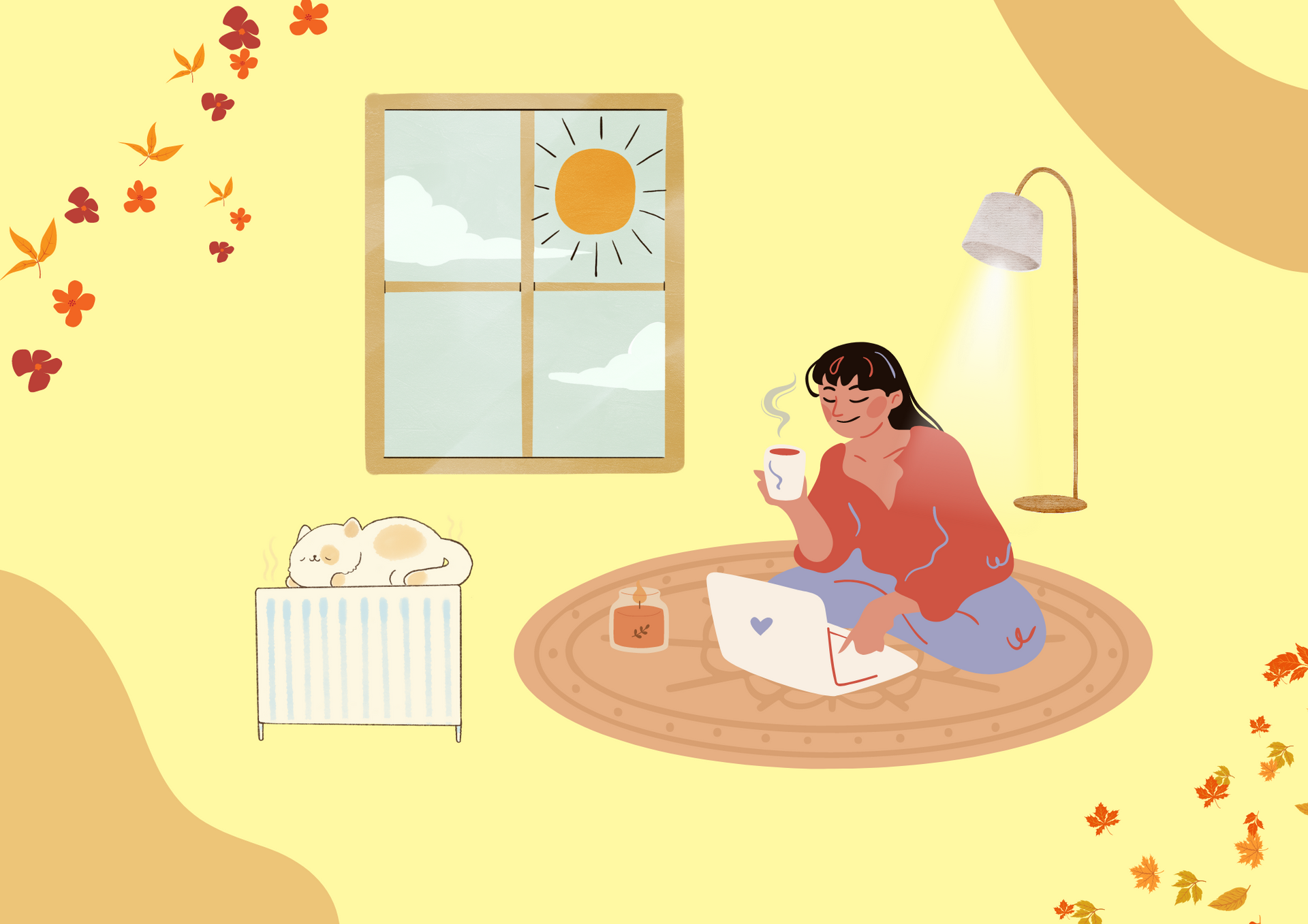
29 Mar, 2024
When the days become shorter and the nights longer and you find yourself sleeping more than usual but still feeling the tiredness in your body; the lack of energy to carry out your usual activities. It all comes down to Seasonal Affective Disorder (most commonly known as SAD). 35% of Australians experience depression during the winter months. Compared to other mental health disorders, SAD is harder to diagnose. It might take you two years of experiencing the same symptoms during a specific season before you get diagnosed with Seasonal Affective Disorder. But what causes SAD? SAD is thought to be caused by shorter days and less daylight shifting the body’s circadian rhythm (it’s body clock), which may trigger chemical change, with the body releasing less hormones such as melatonin (a sleep hormone) and serotonin (a mood hormone), which affects our sleep and mood. How does SAD affect you? SAD symptoms are often characterised by a recurrent seasonal pattern. The symptoms can last about 4-5 months, often starting as mild, and then gradually worsening as the season progresses. But alongside the end of winter, the symptoms come to an end and individuals become completely well again. Losing interest in normal activities Triggering bad eating habits Finding it hard to wake up in the morning. Sleeping too much Feeling tired all the time Lack of energy Some self-care activities include but are not limited to: Going outside Regular exercise Sleep hygiene and sleep patterns Making the environment brighter Talk to trusted ones/ maintain adequate social interactions Take up new hobbies In case the symptoms persist, consider reaching out to these helpful resources: Call 000 See your GP A mental health team and/or psychologist (e.g. at a community health centre) Mental Health Foundation Australia: 1300 643 287 | admin@mhfa.org.au Lifeline Tel: 13 11 14 Kids Helpline Tel: 1800 55 1800 SuicideLine Tel: 1300 651 251 Australian Psychological Society – Find a psychologist service Tel: 1800 333 497 (outside Melbourne) or (03) 8662 3300 (in Melbourne) By Julia Tsang, Natalie Filimon, Brendan Chau
About
Programs
Get Involved
News

The Mental Health Foundation Australia acknowledges the traditional owners of country throughout Australia and their continuing connection to land, sea and community. We pay our respects to them and their cultures and to their elders both past and present.
© 2024
All Rights Reserved | Mental Health Foundation Australia | Registered PBI with ACNC. Charity ABN 81 006 003 363
